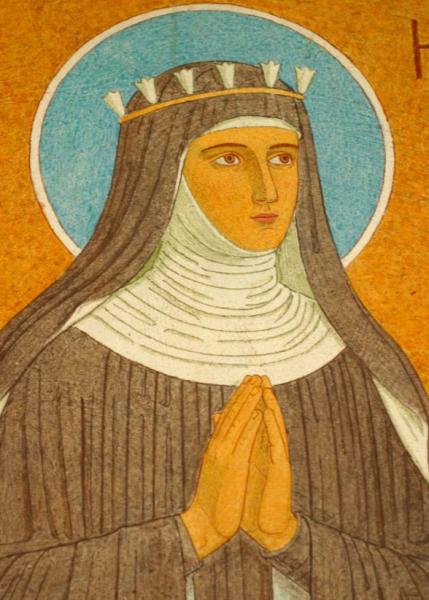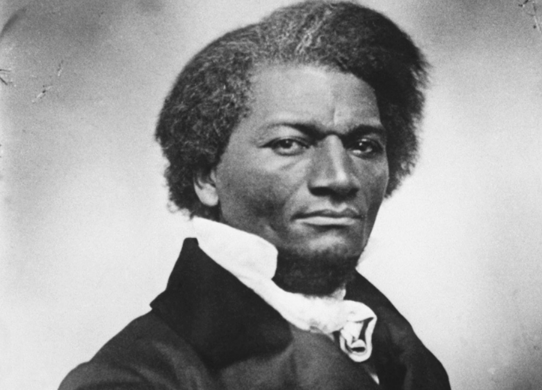There is more than a little talk of Conversatio reform making its way through campus these days. There are two camps.
The first would sacrifice the first-year program at the altar of major requirements, cost reduction, and whatever blob of buzzwords is currently wielded as a sledgehammer against the foundations of the liberal arts. The coming budget cuts have recently empowered this camp, but a consortium of student interests and major-first faculty has stalked the freshman humanities for years.
The second camp sees a one-year humanities program as unfit for service. Fueled by nostalgia for the old program, this group fights a losing rearguard action.
I am sympathetic to the reactionaries but will here argue for a renewed vision of a one-year Conversatio. I acknowledge my unfitness for this task, that persons far more educated than me have built and reformed the humanities program, and that I will doubtless make mistakes in my recommendations. What I can offer is my zeal. I love the humanities and my liberal arts education, and the texts I suggest here are those that have developed that love.
This plan is for a program and experiences common to all freshmen and taught through small seminars (as is Conversatio currently). I will not comment on the constellation of common lectures, required events, and assignments that make up the course’s design. Instead, I will make a case for an entirely new set of readings. These readings are predicated on the idea that Conversatio, as it exists now, is flawed.
Freshmen graduate from the program confused, aggrieved, and genuinely unprepared in both knowledge of content and temperament for the core requirements that will follow.
Knowledge of content cannot be improved without drastically increasing the pace of Conversatio, thus incurring failure rates that are unacceptable to Saint Anselm College’s business model. However, the program might be reoriented to improve students’ temperament, views, and orientation toward the liberal arts. My plan is designed explicitly to do that. Split between the Fall and Spring semesters, the texts below will inspire love for those things necessary for a successful liberal arts education: language, justice, Christ, education, our history, and beauty.
The texts are organized into six units, three per semester. Longer texts are followed by a number (X), marking that multiple (two or three) classes ought to be designated for the text. I have attempted to keep the lengths of reading reasonable, with smaller portions of denser texts. Each unit will be followed by a short explanation of what was included.
Love of language:
Eliot, T.S.; The Wasteland
Didion, Joan; Slouching Towards Bethlehem (2)
Shakespeare, William; The Sonnets (2)
Russo, Richard, John Cheever, and Flannery O’Connor; “The Whore’s Child,” “The Swimmer,” and “The Artificial N.”
Cohen, Leonard and Bob Dylan; selected writings
I will admit that this unit is tarted up. However, it serves a purpose. First, it establishes that college students are adults. The things they will read will be of different complexity (Eliot) and content (Didion). Hopefully, these readings, which will radically differ from what students read in high school, will inculcate an enjoyment of reading and language that will make the next four years more tolerable. Shakespeare promotes abstract thinking and is an opportunity to introduce metre, without which few enjoy poetry. The short stories, all American, are an easy introduction to thinking about big ideas (identity, cultural change, forgiveness, etc.). Cohen and Dylan are there as sugar to make the medicine go down.
Love of Justice:
The Book of Job
Power, Samantha; The Problem from Hell (3)
King, Martin Luther, Jr.; “Letter from Birmingham Jail”
Douglass, Frederick; selected speeches (2)
Justice is a multidimensional thing, but, as previously stated, these readings are meant to inspire love, not mastery. The Book of Job will ask that second greatest of human questions, “Why do bad things happen to good people?” Samantha Power, the current director of USAID and a Catholic, will force students to look into the eyes of the recent past’s greatest injustices and will raise questions of politics that will stick with her readers. King and Douglass represent the greatest of American oral traditions and will inspire students to think of justice in terms of obligations to God.
Love of Christ:
Psalter (2)
The Gospel of Luke
The Gospel of John
Lewis, C.S.; Mere Christianity
Chesterton, G.K.; Orthodoxy (2)
This is a unit where I feel less confident— less sure of my choices. There are too many greats not included. Nonetheless, I persevere. I read somewhere, but cannot find the quote, that there was never a great theologian who did not fall in love with the Psalms. The Gospels are obviously necessary. Finally, Lewis and Chesterton have a greater track record of affecting modern college students than any other authors.
Christmas Break Reading
Smith, Ryan Whitaker; Winter Fire: Christmas with G.K. Chesterton
Love of Education:
Newman, John Henry; The Idea of a University (3)
Strauss, Leo; excerpts from Liberalism, Ancient and Modern
Lewis, C.S.; “Learning in Wartime”
Schurman, Anna Maria van; “Whether a Christian Woman Should Be Educated”
John Paul II; “Ex Corde Ecclesiae”
This might be the most academically challenging section. The readings are chosen for no other reason than to explain and justify a Catholic liberal arts education.
Love of our History:
Benedict; The Rule (2)
Gregory; The Life of Saint Benedict
Anselm; Monologian, Proslogian, and Responsio (3)
Day, Dorothy; The Reckless Way of Love: Notes on Following Jesus
This section has the lightest reading so as to allow for Monastery visits, library/archive/Chapel Arts Center tours, a monastic panel, and other events focused explicitly on Saint Anselm College, her campus, and her patrons. It is highly recommended that students be made to memorize important dates and figures in college history.
Love of Beauty:
Wade in the Water: African American Sacred Music Traditions Vol. I-IV
Scruton, Roger; Beauty: A Very Short Introduction (2)
Pfieffer, Bruce Brooks: Wright
Shakespeare, William; Macbeth
Blake, William; Milton
Bingen, Hildegard von; Ordo Virtutum
This unit is insultingly incomplete. I have included several forms in which beauty might be found: American music (through its alma mater, the spiritual), architecture, theatre, prints and poetry (Blake is multimedia), and religious art/music/theatre. Scruton’s thoughts on aesthetics are not the final word, but they are meant for a popular audience and will put the pieces examined in context.
A strong critique of this-love-based- Conversatio is that it neglects texts without which an education is incomplete. I agree that some texts, Aquinas, Aristotle, Augustine, Plato, and Sophocles, to name but a few, are neccessary for the liberally educated person. What I disagree with is the utility of reading them poorly. If students come to Saint Anselm College unprepared for the heavy hitters, is it not worth the time to prepare them? Give me a reader who has not yet read over a deficient who has any day of the week.
Right to left: Joan Didion, Hildegard von Bingen, and Frederick Douglass (Photos courtesy of Creative Commons)




